Planning To Unblock Online Casino Advertisings – said Google
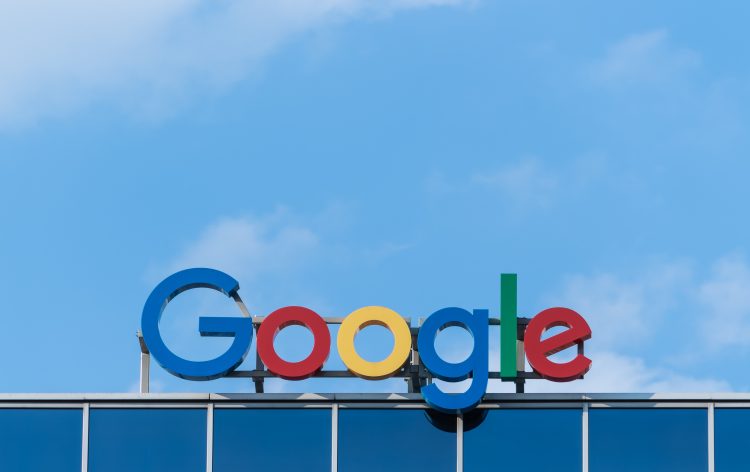
Money can’t buy us happiness, but it definitely can buy Google, – they say. Rumour has been spread that Google is planning to allow online casino adverts, which can be a new boom for the poker industry.
It is a world-wide known fact, that Google has indeed very strict policies regarding the advertisement. For already a couple of years, up until this moment, any type of gambling activity, being it online poker, sports betting, other casino type gambling was banned by the Google policy and many companies have not once tried to somehow overcome the policies, though have had unfruitfully struggled. Even the states that have legalized the industry did not have any successful practice with Google.
If you have ever tried googling some gambling sites from most of the US states, you would have noticed that the sites are restricted and companies have restricted delivery of their product to masses. This is all due to the gambling regulations of Google.
New Year, New Plans
According to some news that has spread earlier today, “Google is planning to unblock online casino adverts in the US gambling market by the first quarter of 2020.” This decision might not have been surprising news after allowing DFS betting in some of the states earlier this year.
Last month saw Indiana, Iowa, Montana, Pennsylvania, and Rhode Island added to the states given the all-clear to advertise, joining Nevada, New Jersey, and West Virginia – with countries such as Kenya, Nigeria and Colombia also named.
The step of this kind is the right definition of practices that operators can benefit from all of the Google tools, such as Google Ads, Google Display Network, as well as Youtube to target the right niche of their costumers. Despite the betting has been allowed so far, it is still unknown what the fortune of the online poker will be. The future is still undefined, but it reflects a general trend that sees the financial element taking place over oppressive regulation.
The company’s plan to ease up online casino advertising and get rid of a sweeping ban on the industry insists on that regulation will still determine to some extent which markets get access to the relaxed rules, it’s certainly a positive sign of the future direction.
Earlier this month the tech giant updated its gambling and games policy, stating it will allow sports betting ads in Indiana, Iowa, Montana, Pennsylvania, and Rhode Island. Google had previously lifted the ban for Nevada, New Jersey, and West Virginia. The company also announced in its update that it will allow online gambling ads in Kenya, Nigeria, and Colombia.
Casino Ads Now Being Possible With Google Ads
The head of Financial Trading and Egaming Chris Harrison made a statement regarding Google becoming soft with the regulations, that the company began allowing ads for legal online sports betting in June for Google users in New Jersey. Licensed New Jersey gaming operators were allowed to apply for Google AdWords and “All who (had) been granted a license in New Jersey and are operating.
The head of Financial Trading and Egaming also emphasized that the company has no intention of becoming a gambling company and is sticking to its role as a technology and advertising partner. At that time, Harrison said the company was working on options for the newly unveiled policy, a challenge made difficult by inconsistent state-by-state legislation.
“For us, regulation is a huge signal and will be the building block of anything we do,” Harrison said. “We also take into consideration the norms and acceptance of gambling in any given state. We have to recognize customer concerns and face those as well. So it’s far from black or white in terms of opening up and allowing advertisers to use Google’s products and platforms.” Chris Harrison has stated.
An enormous step forward has been taken in an evolving advertising stance with the entire industry by Google. As the players within the industry are very much in favor of the initiative, some people and authorities have raised a concern regarding the decision made by the tech giant.













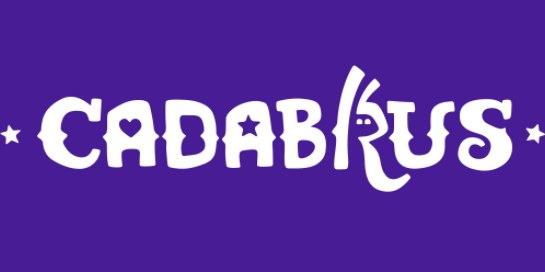

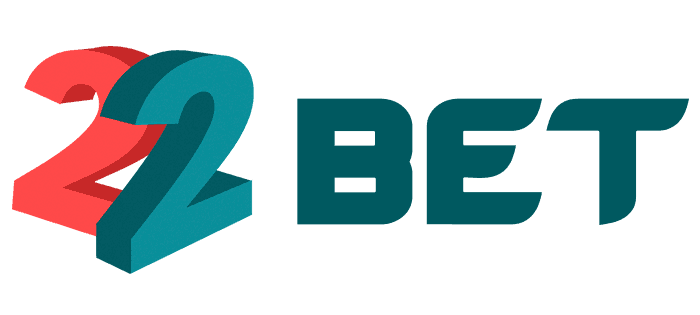








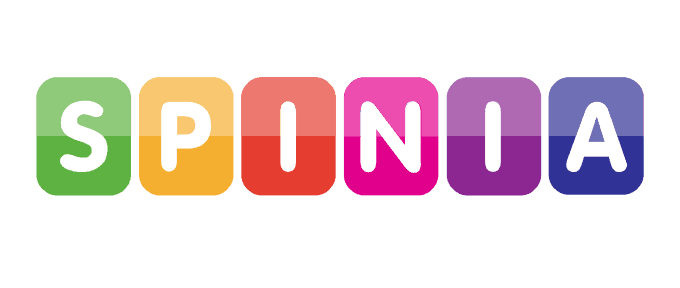




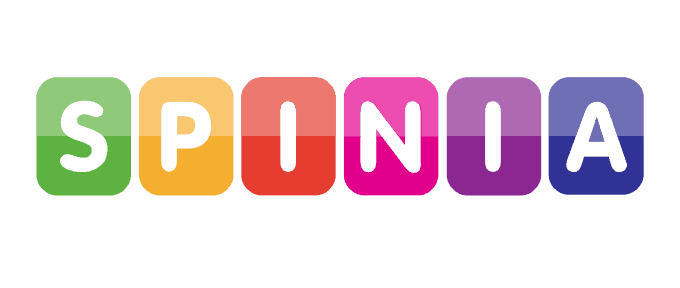
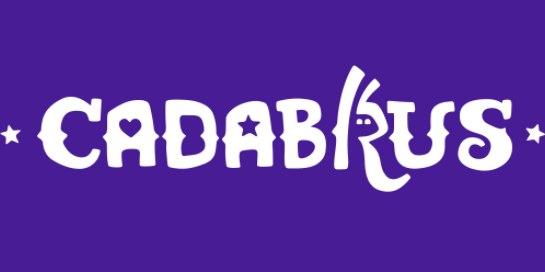



Comments (0 comment(s))